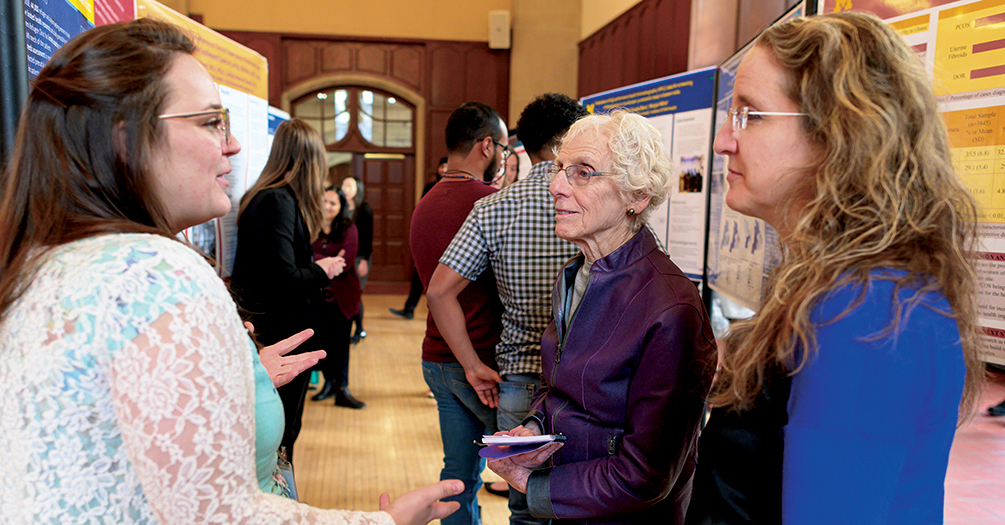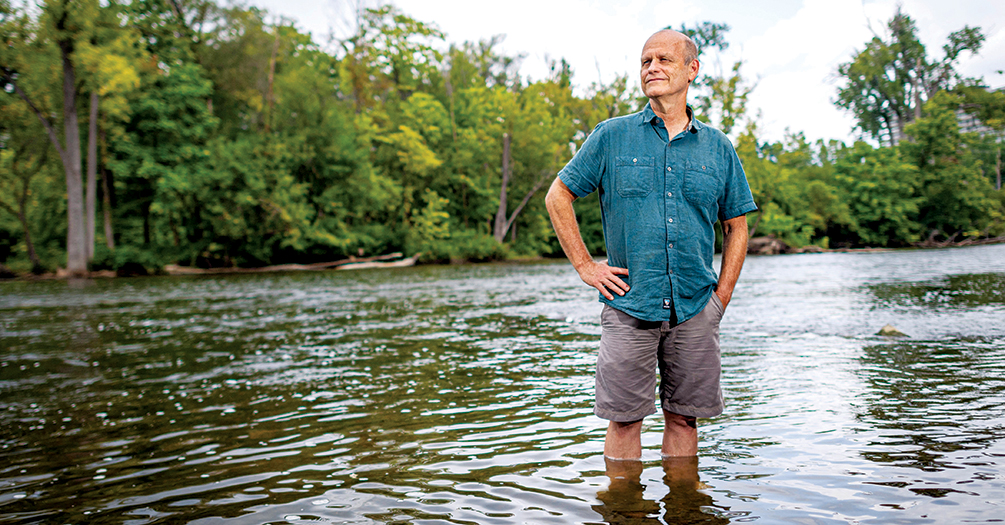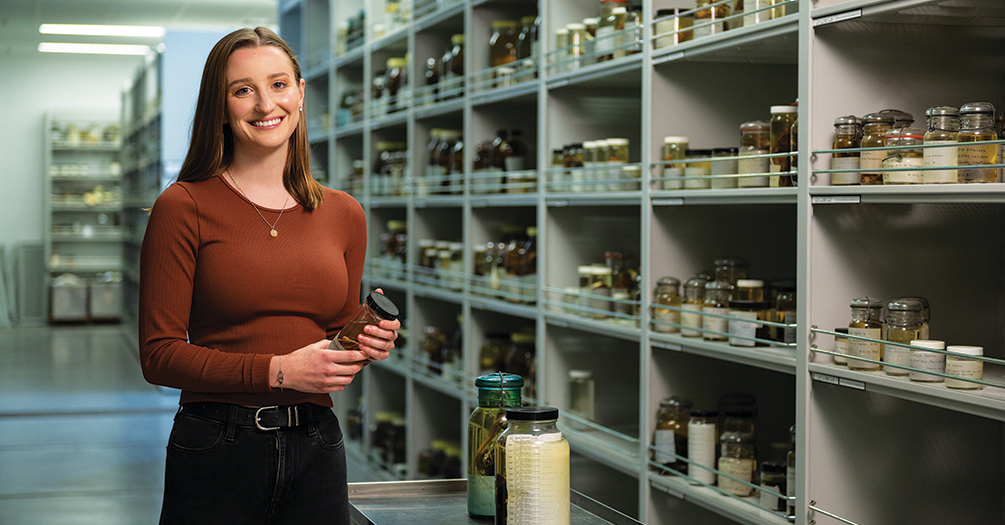
Real-World Experiences for Adaptable Students
By David Pratt
Today’s public health students face a dynamic work environment and often rely on flexible forms of support to succeed in work-based experiences. When donor funds address the full range of needs, students can focus all their energy and creativity on their academic and professional development.


